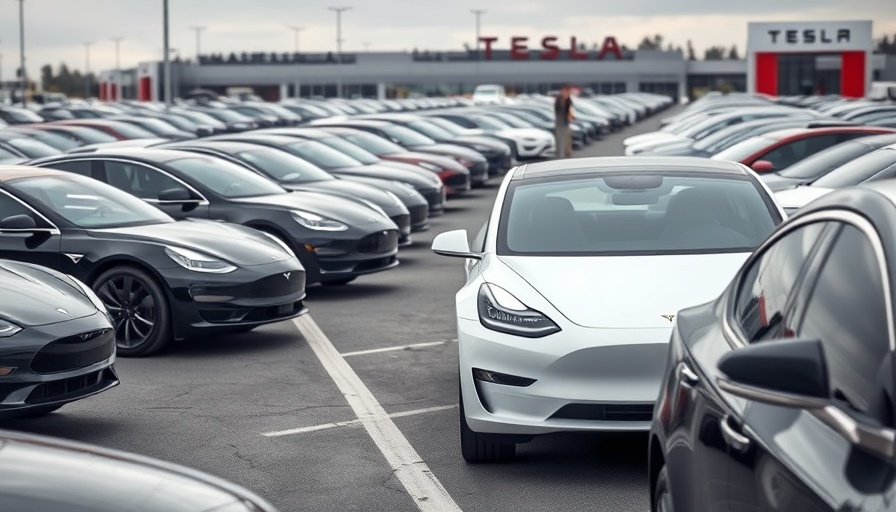
Understanding the Crash: A Turning Point for Tesla
A jury in Florida has delivered a significant verdict, finding Tesla partially liable for a deadly 2019 crash involving its Autopilot self-driving feature. The jury assigned two-thirds of the responsibility to the driver, George McGee, but also a third to Tesla, leading to potential damages exceeding $43 million. This case marks a pivotal moment in how the auto industry, particularly technology companies, are perceived in terms of accountability for their products.
The Illusion of Autonomy: What Does It Mean for Drivers?
The core of the trial centered on whether Tesla's marketing created a misleading perception of safety concerning the Autopilot feature. The plaintiffs asserted that Tesla’s messaging led McGee to believe he could rely on the system to keep him safe, contributing to a tragic outcome. This raises a crucial question: how do companies balance innovation with consumer safety? The perception that a vehicle can drive itself may lure drivers into complacency.
Actionable Insights: What Can Other Tech Firms Learn?
This case provides an important lesson for tech companies developing AI-driven gadgets and autonomous systems. As companies race to introduce revolutionary products, such as AI-powered gadgets and smart devices for business, they must emphasize transparency about product capabilities and limitations. Clear communication can help mitigate risks and establish trust between the consumer and the developer.
Future Implications: The Path Forward for Automotive Tech
The jury's decision may have far-reaching implications, prompting stricter regulations on self-driving technologies. As the industry pivots toward more advanced features, it must also prepare for continued scrutiny regarding safety and accountability. Companies could face more legal challenges if they do not navigate the complexities of autonomous systems with care.
 Add Row
Add Row  Add
Add 




Write A Comment